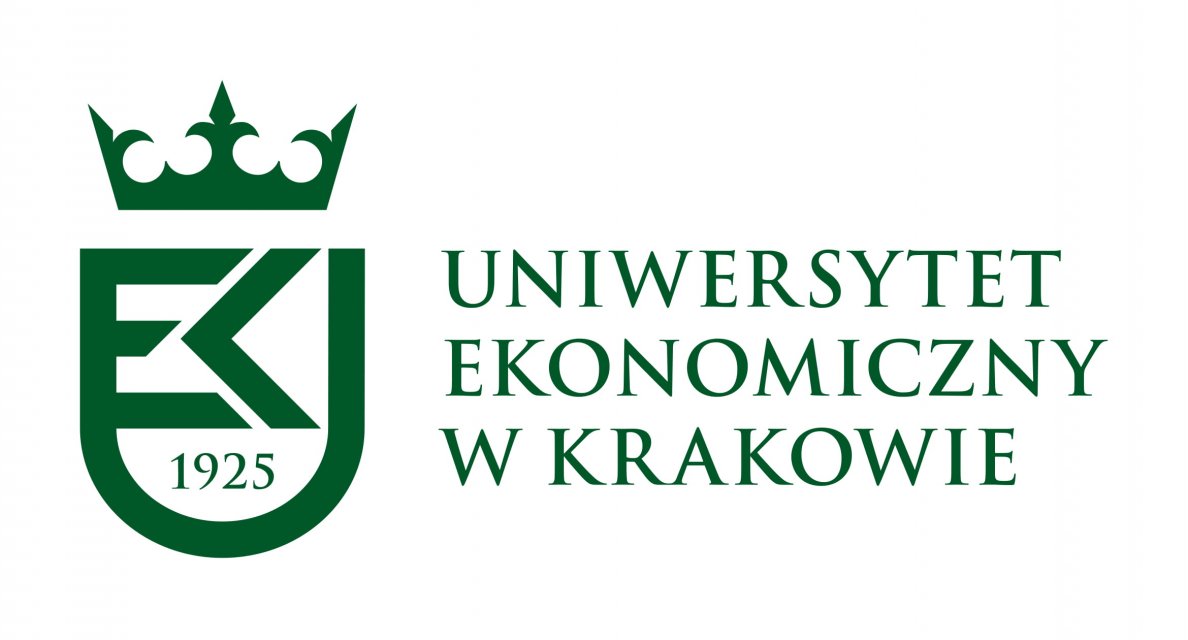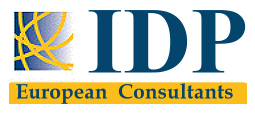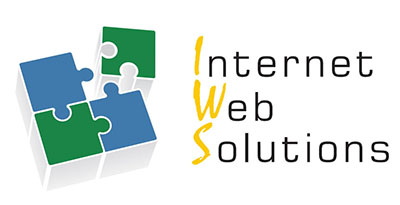
Assessing and evaluating the COVID impact on micro and SMEs and findings from the ESMERALD Project
The COVID-19 pandemic announced by the World Health Organization (WHO) has completely changed the modern world in every area of life. The SME sector is undoubtedly an important part of the EU economy, as this sector still constitutes the overwhelming majority of enterprises in the EU single market. In such a context, Europe after the COVID-19 pandemic will be characterized by uncertainty and volatility, and support from SMEs that are ready to meet the challenges and remain competitive is needed.
SMEs will need innovative and appropriate training that takes account of renewed risks and enables them to face new challenges and reap the benefits of new opportunities. SMEs will need new skills, competences and operational tools to better function (or simply operate) in the new business environment during and after the COVID-19 pandemic.
Throughout 2021/2022, the ESMERALD project partners carried out a detailed and very comprehensive report which highlighted:
• social, psychological, political, institutional and economic factors are important for resilience and maintaining the competitiveness of SMEs in the COVID-19 pandemic.
• remote work, public aid and flexible work arrangements were particularly important in the event of the COVID-19 epidemic;
• The development of new technologies in SMEs is a necessity
Based on these findings, the most important training areas for the existence and functioning of SMEs on pandemic-changed market are:
- Maintaing the new online clientele and accomodating the needs of digital and non-digital generations.
- Increasing the level of customer service. Focusing on listening to customers. Ways of building strong relationships with clients and meeting their various needs.
- Implementing the omnichannel model and increasing convenience.
- Increasing the level of security of online transactions.
For more information, please consult the mapping section of the official Open Educational Resource Platform of the project.
Users can access the platform and navigate project’s content completely for free. Soon, partners will upload the training content and educational material (i.e. COVID micro and SMEs response toolkit) developed on the premises of aforementioned findings.
Partners identified the preliminary structure of the toolkit properly fine-tuned to accommodate the results of mapping and common needs-assessment/skills-gap












